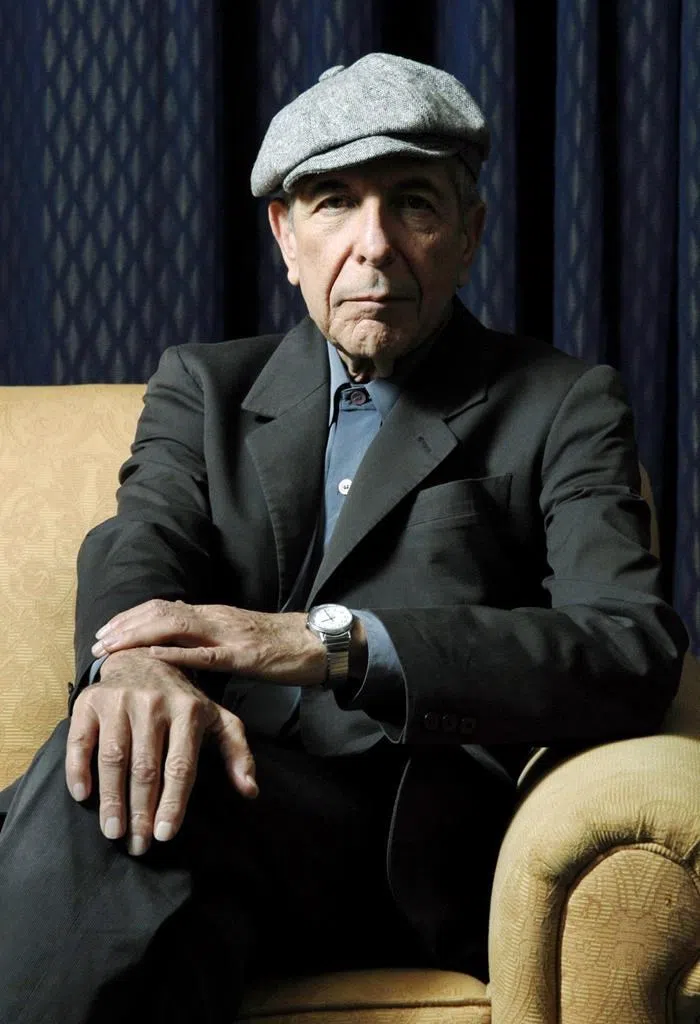
Leonard Cohen leaves behind rich literary legacy with novels and poetry
TORONTO — As the world reflects on the musical legacy of the late Leonard Cohen, the Canadian icon is being remembered for his literary contributions where the acclaimed artist found his early taste of fame.
In addition to his two novels, “The Favourite Game” and “Beautiful Losers,” Cohen also published 11 books of poetry over the course of his lengthy artistic career.
His most recent poetic works were “Stranger Music: Selected Poems and Songs,” “Book of Longing,” and “Leonard Cohen: Poems and Songs.”
McClelland & Stewart publisher Jared Bland described Cohen as “a poet of transcendent beauty and wisdom” and “a novelist of moral urgency and insight.”


